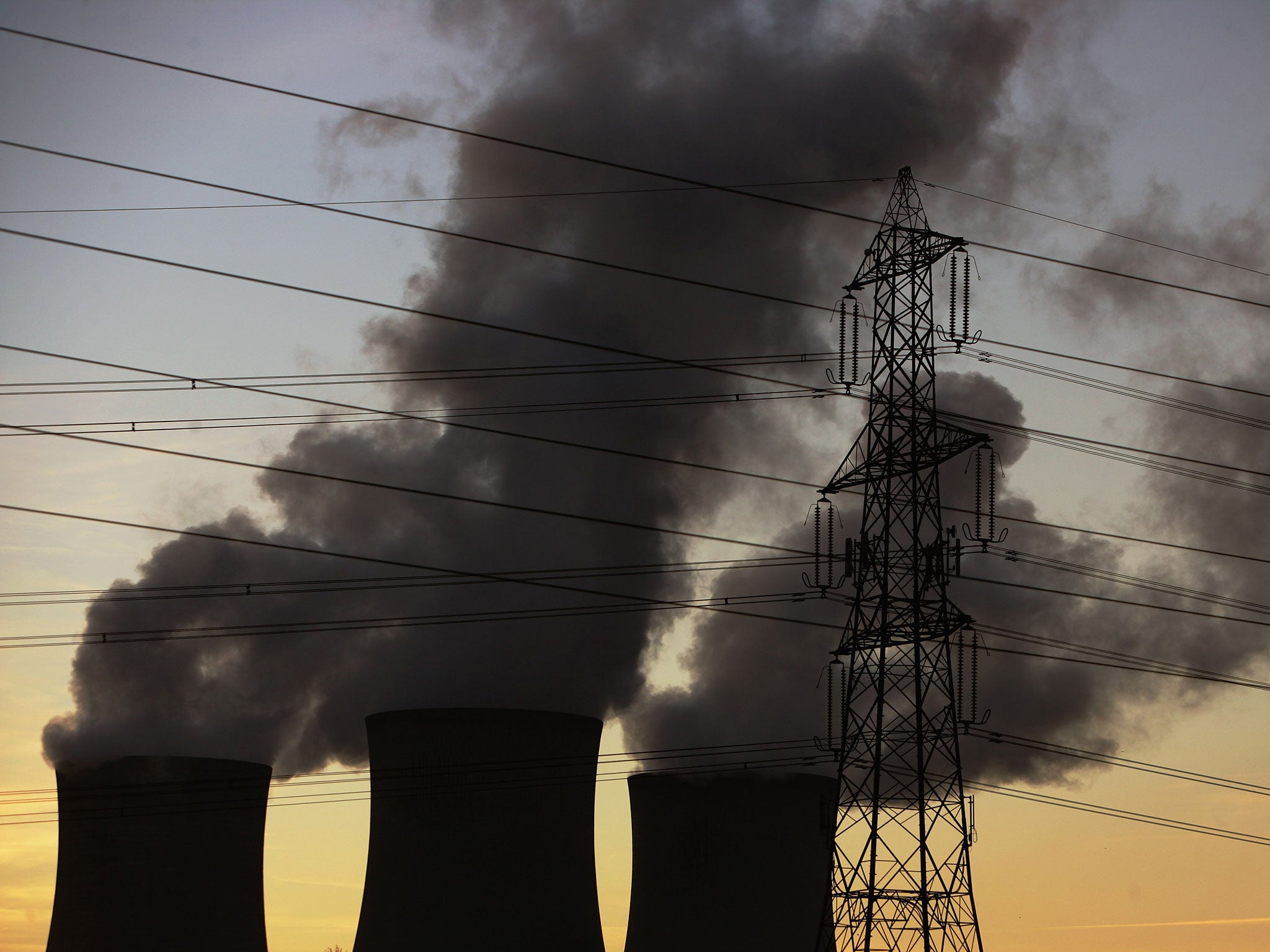Fossil fuels subsidised by a 'shocking' $10m a minute, say IMF experts
The figure is higher than the amount governments spend on health care each annually

Governments around the world will subsidise the cost of gas, coal and oil with a “shocking” $10million (£6million) a minute this year, a new study by economic experts has revealed.
The estimated figure, which the International Monetary Fund (IMF) has described as “extremely robust”, suggests that firms benefit from $5.3 trillion (£3.4 trillion) a year. That is more than the annual total worldwide governments spend on health care, according to World Health Organisation (WHO) statistics.
Researchers defined energy subsidies as the difference between what consumers pay for energy and its “true costs”, as firms do not pay the costs levied against governments by burning fossil fuels.
This sum factors in supply costs and the damage that energy consumption inflicts on people’s health and the environment, two senior IMF officials wrote in a blog post, entitled "Act Local, Save Global", launching the study on Monday.
China will spend the most this year, and was responsible for over 40 per cent of the total amount as it relies heavily on coal, followed by the US at 13 per cent, while the EU will account for 6 per cent.
“These estimates are shocking,” experts Benedict Clements and Vitor Gaspar wrote in the post.
“Energy subsidies are both large and widespread. They are pervasive across advanced and developing countries," the added.
An open pit coal mine in Chifeng of Inner Mongolia Autonomous Region, China.
Read more: Tory victory a huge blow to UK green energy industry, campaigners warn
Church of England pulls out of fossil fuels, but where does it invest its cash?
Energy companies' fuel reserves contain five times the amount of carbon dioxide that can be safely burned, report says
The study urges world leaders to take action, and predicts that reforms of energy taxation and subsidies could have “enormous” impacts on fiscal, environmental, and welfare of countries by raising government revenue by $2.9trillion (£2 trillion), or 3.6 per cent of global GDP.
It added that changes would also have the potential to cut carbon emissions by 20 per cent, and halve pre-mature air pollutions deaths by more than half.
“The resources freed from subsidy reform could be used to meet critical public spending needs or reduce taxes that are choking economic growth,” Messrs Clements and Gaspar wrote.
Nicholas Stern, a climate economist at the London School of Economics, told The Guardian: “This very important analysis shatters the myth that fossil fuels are cheap by showing just how huge their real costs are. There is no justification for these enormous subsidies for fossil fuels, which distort markets and damages economies, particularly in poorer countries.”
Join our commenting forum
Join thought-provoking conversations, follow other Independent readers and see their replies
Comments
Bookmark popover
Removed from bookmarks